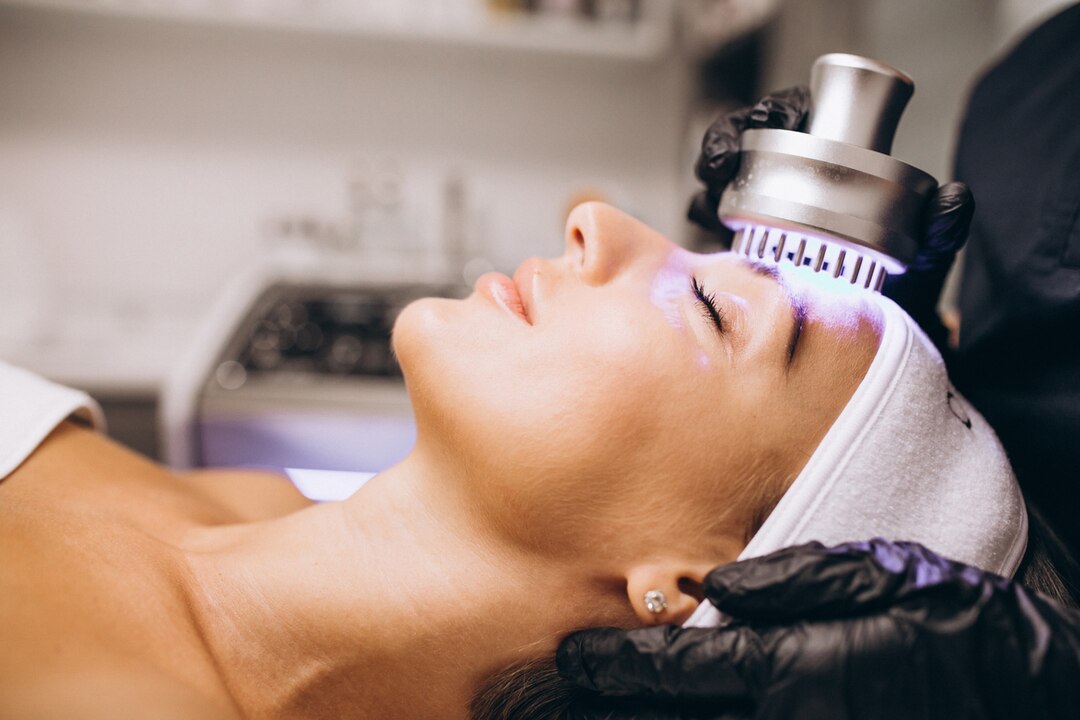Introduction
Ever heard of a UV laser diode but not quite sure what it is or why it matters? Don’t worry—you’re not alone. These tiny yet powerful devices play a huge role in industries like electronics, medical fields, and even counterfeit prevention. But what exactly makes them special? In this guide, we’ll break it all down in simple, easy-to-understand terms. No jargon, no confusion—just clear, useful info.
Let’s get started!
What Is a UV Laser Diode?
A UV laser diode is a type of semiconductor device that emits ultraviolet (UV) light. Unlike traditional LEDs, which spread light in all directions, laser diodes create a highly focused beam. The UV wavelength range typically falls between 200 nm and 400 nm, making these diodes useful for precise applications like sterilization, microfabrication, and high-resolution printing.
Key Features of UV Laser Diodes:
- Compact size: Small and easy to integrate into various devices.
- High precision: Produces a focused beam for detailed applications.
- Energy-efficient: Uses less power compared to traditional UV lamps.
- Long lifespan: Lasts significantly longer than other UV light sources.
- Fast operation: Works instantly without the need for warm-up time.
How Does a UV Laser Diode Work?
Think of a UV laser diode like a super-powered flashlight that produces an ultra-focused beam. Here’s a simple breakdown of how it works:
- Electricity flows through the semiconductor material.
- This excites electrons, causing them to release photons (particles of light).
- These photons bounce between mirrors, amplifying the light.
- The amplified light is released as a powerful, focused UV beam.
Pretty cool, right? Now, let’s look at why industries love these little powerhouses.
Applications of UV Laser Diodes
UV laser diodes aren’t just fancy gadgets; they have tons of real-world uses. Here are some industries that rely on them:
1. Electronics Manufacturing
UV laser diodes help in precise cutting and soldering of tiny electronic components. They ensure accuracy where traditional tools can’t.
2. Medical and Sterilization
UV light kills bacteria and viruses, making these diodes perfect for medical tools and air purification systems.
3. Counterfeit Detection
Ever seen those UV lights used to check money or IDs? Yep, that’s a UV laser diode at work!
4. 3D Printing and Lithography
High-resolution 3D printers use UV lasers to cure resins quickly, creating detailed prints with precision.
5. Fluorescence Microscopy
Scientists use UV lasers to study microscopic structures, revealing details invisible to the naked eye.
Advantages of UV Laser Diodes
If you’re wondering why businesses and researchers prefer UV laser diodes, here’s why:
- Highly efficient: Uses minimal energy but delivers maximum output.
- Compact and lightweight: Ideal for portable devices.
- Immediate functionality: No warm-up time required.
- Environmentally friendly: No harmful chemicals or mercury like traditional UV lamps.
- Long-lasting: Requires less frequent replacements, saving money in the long run.
Choosing the Right UV Laser Diode
Before buying a UV laser diode, consider these factors:
- Wavelength: Make sure it falls within the correct UV range for your needs.
- Power Output: Higher power means more intense UV light.
- Lifespan: Check manufacturer specifications for longevity.
- Cooling Requirements: Some high-powered diodes may need external cooling systems.
- Price vs. Quality: Don’t just go for the cheapest option—quality matters!
Conclusion
UV laser diodes might be small, but they pack a punch when it comes to precision and efficiency. Whether you’re in manufacturing, medical, or even security, these powerful light sources are shaping the future of technology. Next time you see a UV light scanner or a high-tech 3D printer, you’ll know exactly how a UV laser diode is making it all happen!
FAQs
1. What is the lifespan of a UV laser diode?
Most UV laser diodes last between 5,000 and 10,000 hours, depending on usage and quality.
2. Can UV laser diodes be dangerous?
Yes, direct exposure to UV light can be harmful to skin and eyes. Always use protective gear when working with them.
3. Are UV laser diodes expensive?
Prices vary based on power and brand, but they are generally more affordable than traditional UV lamps in the long run.
4. What’s the difference between a UV LED and a UV laser diode?
UV LEDs emit scattered light, while UV laser diodes produce a focused, intense beam, making them more precise.
5. Where can I buy UV laser diodes?
You can find them online through electronics suppliers, specialty manufacturers, and even major e-commerce platforms.
Now that you know everything about UV laser diodes, you can impress your friends—or maybe even start a high-tech project of your own!

